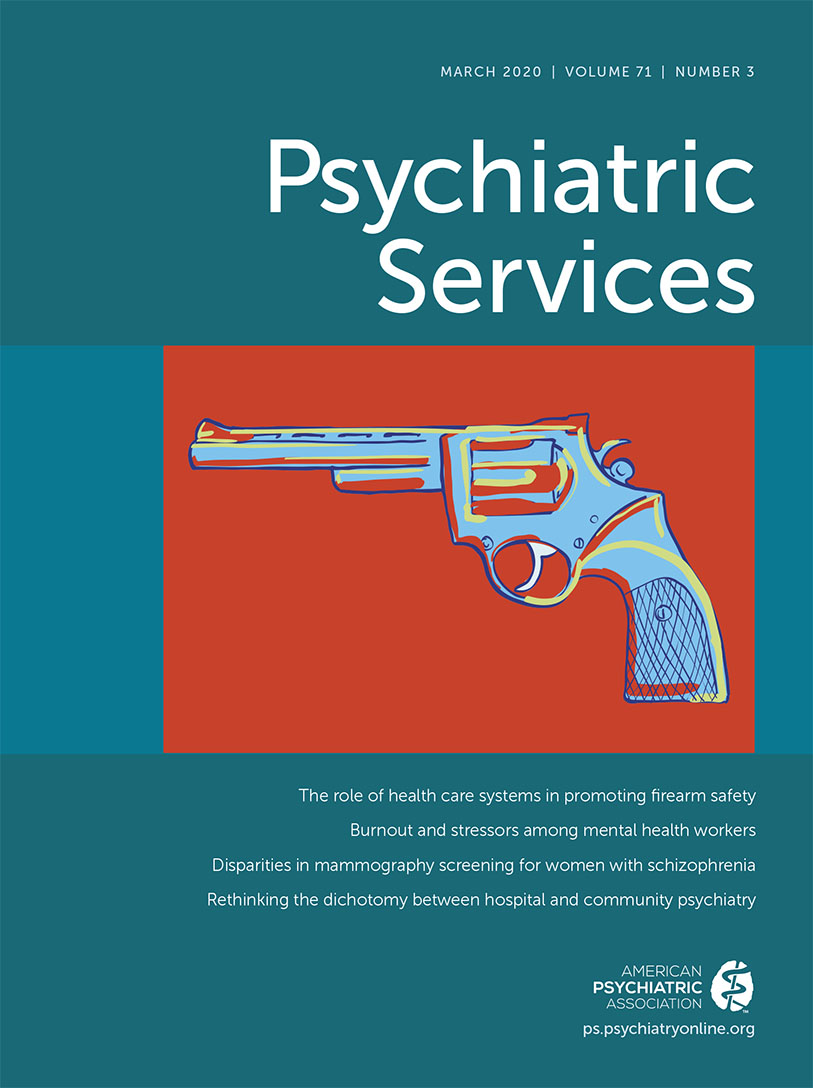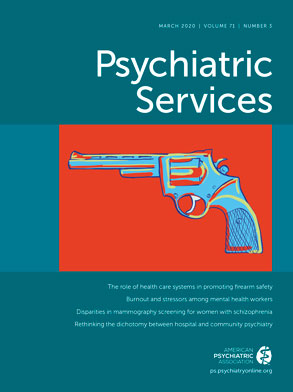Peer providers deliver services in behavioral health settings, drawing from their own recovery experiences and the skills obtained from formal peer provider training. Although peer services are becoming increasingly common, barriers persist in fully integrating peer support workers into behavioral health systems, including unclear peer roles and difficulties in placing peers on care teams.
To address these problems, the California Office of Statewide Health Planning and Development funded SHARE!, the Self-Help and Recovery Exchange, to develop the Supervision of the Peer Workforce project. SHARE! seeks to maximize the efficacy of both peer workers and their supervisors, thereby improving outcomes for individuals receiving mental health and substance use services. Training was provided by nationally recognized leaders with decades of experience with peer workforce development to more than 200 peer workers and their supervisors from 38 program sites in the Los Angeles County public mental health system from December 2018 through June 2019.
The program included four training courses. The Strategies for an Effective Peer Workforce course addressed the core peer worker role. Training covered best practices in peer services, including peer listening and disclosing recovery planning, use of self-help support groups, peer bridging; and evoking the helper therapy principle. Learning objectives included demonstrating knowledge of evidence-based practices for referring people to self-help groups and understanding differences in the responsibilities of peer workers and clinicians. Also included were strategies to help peer providers and supervisors reduce stress, improve life satisfaction, and create a plan to improve self-care. This training assisted peer workers in fulfilling the objectives while demonstrating cultural competence in applying peer practices and services.
Becoming an Ally addressed hardships related to discrimination that can cause isolation and alienation within agencies and community. Having allies allows people to move away from stigma, discrimination, and “othering” and support people in speaking for themselves and setting and attaining personal goals. To develop cultural competency and inclusion, the training focused on exercises and tools that cultivate dialogue, a practice that aligns people with a shared vision in becoming an ally with people who are stigmatized or the targets of discrimination. It emphasizes mutual respect, learning, and balancing inquiry and advocacy. This training includes discussion, group activities, and tools to become an ally, tolerate differences, reduce prejudice, and support others in using their voice.
The Trauma-Informed Developmental Model of Supervision taught supervisors and peer providers to use trauma-informed practical tips and strategies, with emphasis on forging alliances with supervisors to improve outcomes. Effective supervisory relationships require peers and supervisors to understand how their trauma experience is connected to their mental health and how to implement trauma-informed care as well as trauma-informed supervision. This training encouraged self-awareness, motivation, and autonomy. With an effective context and structure for supervision in place, peers and their supervisors developed a joint trauma-informed developmental model of supervision for their specific work.
The Anti-Stigma Workshop, the fourth course, is evidence-based training delivered by On Our Own of Maryland, a peer-run organization. Public stigma refers to a set of negative attitudes and beliefs that motivate individuals to fear, reject, avoid, and discriminate against people with mental illness. This training helped participants recognize impediments of stigma. By recognizing stigma within and around them, participants explored changing behavior to reduce stigma in the workplace.
On completion of training, each interested agency was encouraged to create its own implementation team by utilizing supervisors, peer workers, and other staff members to develop and implement sustainable peer services action plans. In early 2020, participants and other stakeholders will convene to share lessons learned from the project and work toward further implementation of best practices with peer support workforces.
SHARE! has helped supervisors and peer providers recognize and address barriers to successful inclusion of peer workers in the public mental health system. Although evaluation results are pending, participants’ high satisfaction ratings suggest positive project impact so far. By addressing the competencies of peer workers and supervisors through robust training within a context of agency leadership and support, the mental health system can strengthen workforce capacity to improve quality of life and recovery of those served.

